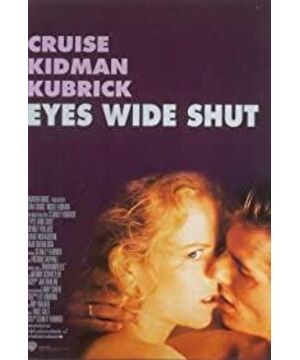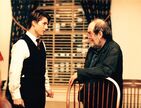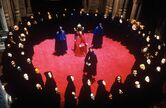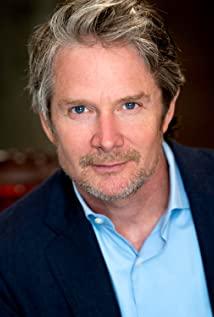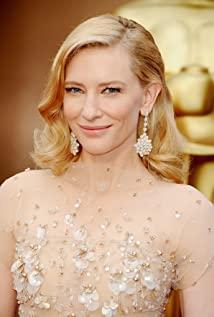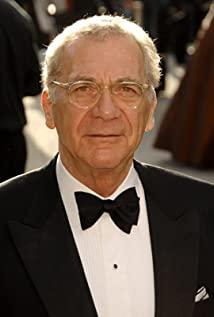The image structure of "Eye-Opening" is excellent, and the whole film is integrated with the isomorphism and metaphors everywhere. To give two simplest examples, at the banquet at the beginning of the film, Harford was entangled by two female models, and sexually suggestively led him to "where the rainbow ends"; and Harford entered the beginning of the mysterious party. It started from a clothing rental shop called "rainbow". Here, "where the rainbow ends" symbolizes indulgence both in semantics and plot. The day after Harford got lucky to leave the party, when he opened the newspaper in the cafe and saw the news of the model's death, did he notice the newspaper headlines? -"Lucky to be alive" (an allusion to Harford). I think the director has already hinted at the fate of the audience who saved Harford's woman, so it is quite doubtful whether Harford's old friend has returned to Seattle safely.
More amazing is yet to come. Film reviews have long pointed out that the scenes, characters, objects, colors, and even postures of "Eye-Opening" are very similar in images. The universality of isomorphism essentially implies that the deep level of the subject, that is, sex and morality, is not being discussed as a level of human nature, but a level of social structure. Specifically, through the Harford couple's argument about loyalty (that is, the reason that troubles Harford, which leads to the following plot), the director raised the question: Can the conflict between marital morality and sexual desire be resolved? We see that Harford did not have any substantial derailment, and it can be trusted that even if he had "evil thoughts", he was able to restrain the derailment in the end. However, "evil thoughts" still contributed to Alice's censure-the intriguing plot is that Harford did not have a relationship with a prostitute, but he was still willing to pay $150, which means that even "evil thoughts" also constitute an offense to the morality of marriage , So Harford must pay for his actions. This logical dilemma shows the general status of marriage morality, and the reason for this status is that marriage morality does not belong to the human nature, but a kind of social structure. From the day it rises to a social structure, Its machinery and dogma have declared its inhumanity.
A mysterious gathering scene is the climax of the whole play (on the dual level of mental and physical ^-^), and the visual symbols are so rich. Because marriage morality (mainly sexual morality) is a kind of social structure, it is an important experience of organizing society summarized by humans, and an important cornerstone of human society. Therefore, it has an irrefutable priority compared with human nature, which is reflected in concrete In practice, marriage morality has a solemn sense of justice. As members of the upper class at the apex of the pyramid, they shoulder the responsibility of managing society, so they must pay more attention to marriage ethics. This is why they hold a sexual carnival, but first of all they need to resort to the mysterious rituals of infidels. Because the pagan ritual symbolizes evil, that is, a complete betrayal of the righteous marriage morality, only by betraying the sexual morality can they achieve complete sexual pleasure. In this process, the mask played an extremely subtle role. In a practical sense, the mask has the function of hiding identity and maintains the dangerous balance between reality and fantasy. From a cultural perspective, the mask can be regarded as a barrier to spiritual communication, which implies the complete carnal nature of this gathering.
Finally, I return to the question at the beginning. Can the conflict between marital morality and sexual desire be resolved? I think that the director not only answered this question, but the answer is not pessimistic. From the end, the dialogue between the Harfords, including the name of the movie, tells the audience the solution-eyes wide shut. In fact, the Harfords went through an "orgy" (another isomorphism), but one in reality and one in dream. So at the end, Alice's words are not abrupt. She said: "We have survived these adventures, whether it is real or just a dream... The important thing is that we all wake up, I hope we can stay awake all the time... I really love you." Everyone has had "evil thoughts", and the important thing is that she still loves him.
View more about Eyes Wide Shut reviews


